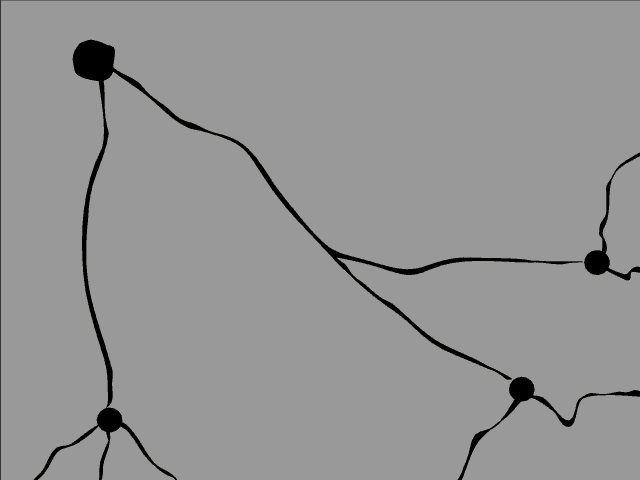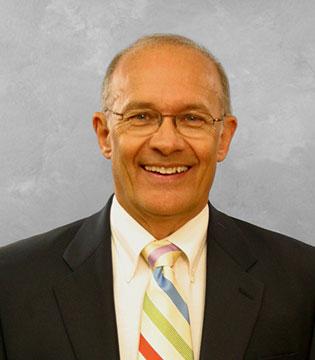
Exploring Myths About Addiction
NOVEMBER 16, 2001
Dr. Carlton Erickson
College of Pharmacy
The University of Texas at Austin
What is the talk about?
Drug addiction is a subject of national concern. Dr. Erickson is one of the nation’s leading researchers on the physiology of drug addiction, and his research has helped us to better understand the physical basis of addiction. Dr. Erickson regularly travels around the country giving lectures to help dispel some of the commonly held myths about addiction. In this lecture he will talk about some of the myths our society has about drug addiction. He will also give a brief introduction into the working of the brain and describe the effect of some drugs on particular neural pathways. This lecture is designed to address students in high school and above.
About our presenter

Dr. Carlton Erickson
Carlton Erickson is interested in addiction science education, performed through the dissemination of new research findings on drug addiction in lay language. Primarily through lectures and slide presentations to treatment professionals (alcohol and other drug abuse counselors, social workers, mental health counselors, etc.) and the “reachable public” (criminal justice workers, physicians, nurses, pharmacists, dentists, clergy, and family members), education is packaged in an easily-understandable form so that new information can be transferred quickly to those who can use it. He is also interested in teaching other researchers to communicate their research results more effectively, and to motivate them to also talk to nonscientific groups. Finally, the evaluation of such information transfer is critical to its long-term effectiveness in altering public opinion about addictions as diseases. Therefore he is interested in learning behavioral change methods and theory, attitudinal theory, and how to influence public opinion regarding drug use, abuse, and dependence in our society.